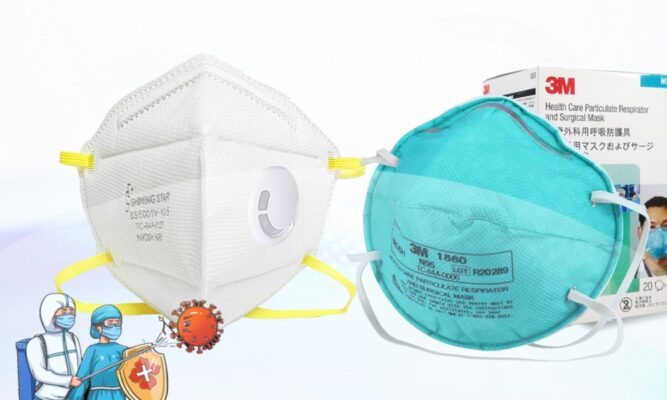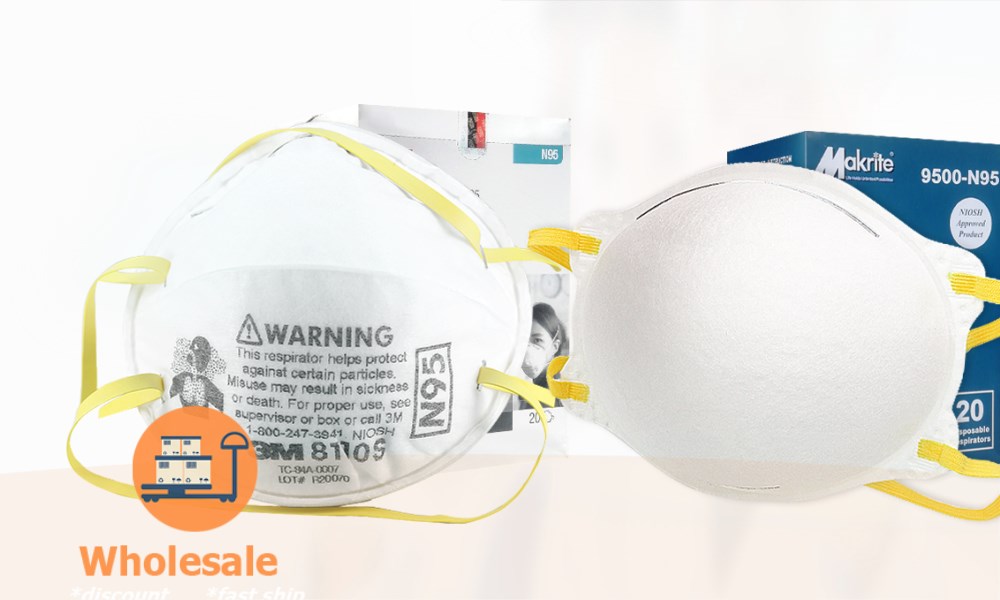“Cloth and surgical masks do nothing to prevent the adverse health effects of air pollution (unlike COVID-19)
Air quality deteriorated again into the “severe” category on Thursday morning, and doctors said wearing a cloth or surgical mask might not be effective, while an N-95 mask could help reduce exposure to pollutants somewhat.
“Cloth and surgical masks do nothing to prevent the adverse health effects of air pollution (unlike COVID-19). If worn correctly, N-95 masks may reduce exposure to contaminants (although not as recommended by the World Health Organization). But, it is difficult to exercise while wearing an N-95 mask, “said Dr GC Khilnani, chairman of the PSRI Institute of Pulmonary, Intensive Care and Sleep Medicine.
Dr GC Khilnani said that while N-95 masks could help reduce the effects of pollution, there was no evidence to support their efficacy. A member of the WHO’s Global Technical Advisory Group on Air Pollution and Health, he said that during the group’s meeting in Geneva, it was concluded that masks do help stop pollutants from entering the body, but it was based on 50-60 AQI, which is itself a huge figure in European countries.

“But in India, when AQI is reaching 400-500 a day, masks are of little use. However, masks such as N-95, KN-95 and N-99 can (still) be used, “he added.
According to Dr Desh Deepak, senior respiratory consultant at Ram Manohar Lohia Hospital, N95 masks can help prevent particulate matter of 2.5 microns and below: “The use of cloth and surgical masks can prevent larger particulate matter.”
He also says using cloth and surgical masks is better than none at all. He detailed that while N-95 and N-99 masks help prevent particulate pollution, they do not help stop gas and volatile gas pollution
“For gases like carbon dioxide, carbon monoxide, methane and sulfur oxides, we need masks that can absorb the gas. Cartridge based masks are available, but they are expensive and heavier to use… And the cartridges have a useful life. For volatile gases, there are occupational masks, but they are expensive and very heavy for ordinary people to use in their daily lives, “he added.

“So actually, N-95 and N-99 masks are best suited to be easily available after a pandemic,” Dr. Deepak said.
Meanwhile, according to Dr Avi Kumar, senior consultant of pulmonary department at Fortis Escorts, regular disposable surgical masks are 40-50% efficient and very effective in preventing the inhalation of pollutants, but should be changed every six or eight hours.
According to Dr. Ashutosh Shukla, medical consultant and senior director of internal medicine at Max Super Specialty Hospital Gurgaon, Good quality N-95 and N-99 masks can protect people from pollution and the harmful effects of viral influenza and COVID-19. “They can keep out pollutant particles with an average size of 2.5 microns, but they can also filter out particles as small as 0.3 microns, which includes common viruses. N99 masks are recommended for people with medical conditions such as asthma or chronic bronchitis. For healthy people, an N-95 mask is sufficient, “he added.




Thanks, so clearly explained